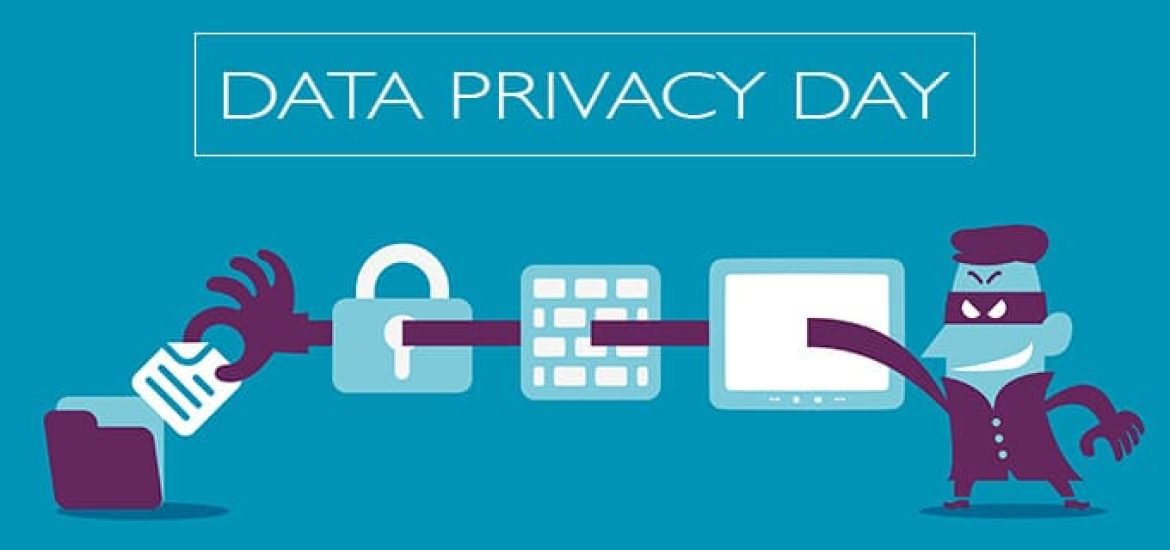
As we have just heard that the European Commissioner for Justice, Věra Jourová, is heading up a draft text intended to protect European elections from a scandal like Cambridge Analytica, we are wondering about the relevance of the European Union’s involvement in this bottomless pit of fake news.
According to the Financial Times, the European Commission is preparing a text providing for sanctions against political parties that illegally exploit voters’ personal data, with the forthcoming 2019 European elections in mind. It would be with the intention of avoiding a scandal like the one that hit Facebook during the US elections, having allowed certain companies to take personal data from Facebook users and then resell it to political parties that could use it to micro-target and inform undecided voters. This action is part of the anti-fake-news measures previously implemented.
In a communication dated 27th April 2018, the Commission stated: “The world today has 1.3 billion Internet sites and 3.7 billion Internet users. Not to mention the many social networks… so many spaces conveying information of varying levels of accuracy. And, in some cases, intentionally false. Recent revelations about Facebook and Cambridge Analytica, which allegedly supported Donald Trump’s election through the illegal use of data, or suspected Russian manipulation of information about the presidential campaign in the United States and for Brexit, illustrate how personal data can be exploited in electoral contexts.”
We know that EU members are already engaged in this “fight”: Germany, for example, with the NetzDG, which aims to punish abuse such as incitement to hatred or murder. Italy and the United Kingdom are working on draft laws. In France, finally, the Macron government thought it had a successful bill, but it has just been rejected by senators. What is the European Commission’s legitimacy on this “polemic”? We may feel that an institution whose power is often contested is likely to attract even more criticism by wanting to fathom the bottomless pit that is the search for The Truth. Is it wise on its part to want to “nanny” Internet users by assisting them in their quest for online information? How will a giant like the EU put in place a system effective enough to tackle the truth of facts and political opinions on the web? Marc Rameaux laid it out brilliantly for European Scientist by citing the great thinkers of analytical philosophy, “Any law on fake news will necessarily be harmful”. As he explains: “With Popper we know that there is no one point of view above all others until it has proven itself. Intellectual honesty is defined as having the humility to recognise that our own idea is tainted with bias and imperfections and the courage to submit it to the acid test. There is no other means of proof and verification: it is part of the human condition. Banning opposing ideas, however odious we may find them, deprives us of the chance to refute them and pushes us into an even worse lie: the prohibition of a theory does more than deceive our fellow men, it would have us aspiring to “God’s point of view”, according to an ironic logician’s expression. With Quine we see that factual refutation is much more complex than it would seem: “fact checking” is a simplistic version applicable in a small minority of cases. Either it is a straightforward matter, such as rumours about the death of a person or the occurrence of a natural disaster, which can be refuted by simple basic facts. But it is not this kind of news that pollutes social networks, but much more complex theories or news whose means of verification are unclear. Fake news broadcasters are smart enough to choose news that cannot be refuted by a basic check. Consequently, “fact checking” always misses its goal. It only clarifies straightforward events, with anything warranting involved debate just making its shortcomings obvious.(…) “Kuhn showed that each theory is a mental universe which cannot be directly compared to others. As a result, contradictory or even totally opposed theories may coexist. As in the case of Einstein and Bohr’s dialogue.”
These three points underscore the danger for the Commission in launching a project like this: how, when it is itself a “political object”, can it put itself above European political parties? How will Internet users react if it begins to adopt “God’s point of view” and prohibit certain kinds of material? How will it unmask “false news” other than in the most straightforward of cases? Will it introduce ThoughtCrime? Finally, while it may be laudable to want to avoid “Cambridge Analytica” type cases, is it not denying public opinion any autonomy and ability to respond to manipulation to seek to undertake this work for it? Doesn’t the GDPR already offer enough tools to protect Internet users’ integrity, if that’s what it’s all about? Ultimately, is there not a risk that this initiative will eventually consist of refusing to allow “contradictory ideas” from different sides to coexist and oppose each other in the context of a general enforcement of a single acceptable way of thinking.
Lessons from contemporary epistemology have shown that, without being relative, “truth” is a complex phenomenon. Before launching headlong into a hunt for fake news which will probably not leave it unscathed, Europe would do well to take a moment to reflect.
This post is also available in: FR (FR)DE (DE)